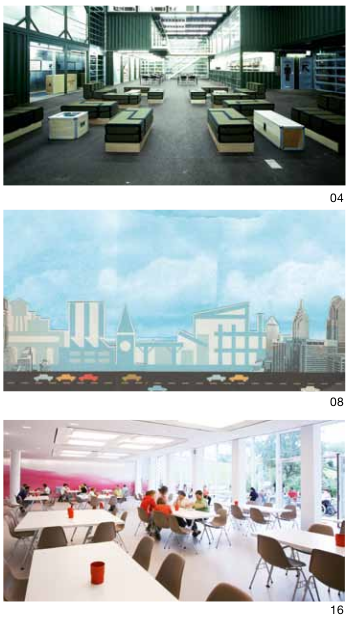Russell Ackoff has a four-way categorization of systems that I’ve found useful, and often shows up in my presentations. I’ve had a history of citing a 1996 article that is peer-reviewed. However, when I first saw him in person, speaking with an overhead slide projector in 1997, I recalled a slightly different language. I’ve now discovered an article that is consistent with my memory.
In 1996, Ackoff & Gharajedaghi wrote (in a language consistent with the Ackoff & Emery 1972 On Purposeful Systems book):
… Read more (in a new tab)Whatever one considers a system to be — and there is considerable agreement as to what a system is — there are obviously different ways of classifying them. For example, they can be classified by size, by discipline (physical, biological, psychological, and so on), by location, by function, and many other ways as well. The choice of a classification scheme normally depends on its intended use. For our purposes — examining the consequences of mismatching systems and their models — the critical classifying variable is purpose and purpose is a matter of choice.
An entity is purposeful if it can produce (1) the same functionally defined outcome in different ways in the same environment, and (2) functionally different outcomes in the same and different environments. Although the ability to make choices is necessary for purposefulness, it is not sufficient. An entity that can behave differently but produce only one outcome in any one of a set of different environments is goal-seeking, not purposeful.
Russell Ackoff has a four-way categorization of systems that I’ve found useful, and often shows up in my presentations. I’ve had a history of citing a 1996 article that is peer-reviewed. However, when I first saw him in person, speaking with an overhead slide projector in 1997, I recalled a slightly different language. I’ve now discovered an article that is consistent with my memory.
In 1996, Ackoff & Gharajedaghi wrote (in a language consistent with the Ackoff & Emery 1972 On Purposeful Systems book):
… Read more (in a new tab)Whatever one considers a system to be — and there is considerable agreement as to what a system is — there are obviously different ways of classifying them. For example, they can be classified by size, by discipline (physical, biological, psychological, and so on), by location, by function, and many other ways as well. The choice of a classification scheme normally depends on its intended use. For our purposes — examining the consequences of mismatching systems and their models — the critical classifying variable is purpose and purpose is a matter of choice.
An entity is purposeful if it can produce (1) the same functionally defined outcome in different ways in the same environment, and (2) functionally different outcomes in the same and different environments. Although the ability to make choices is necessary for purposefulness, it is not sufficient. An entity that can behave differently but produce only one outcome in any one of a set of different environments is goal-seeking, not purposeful.



